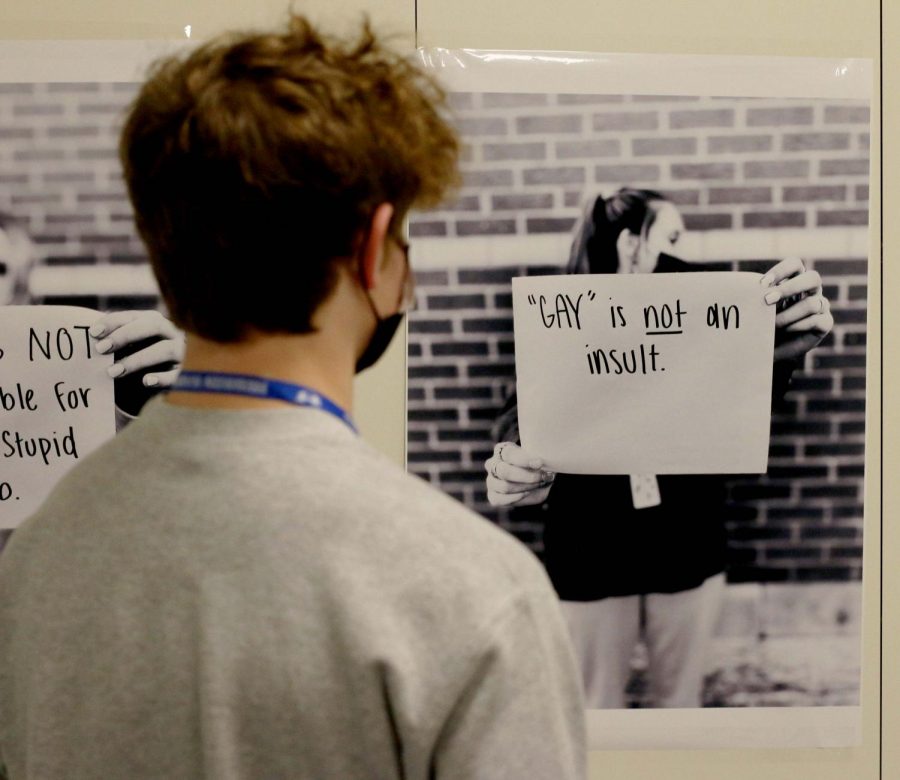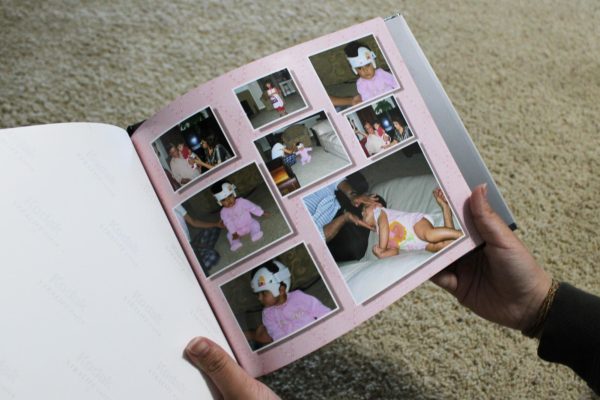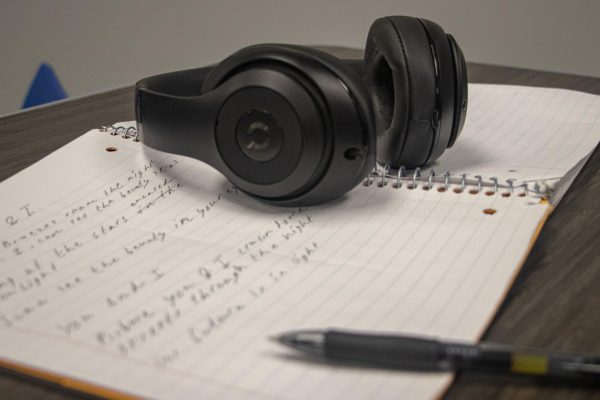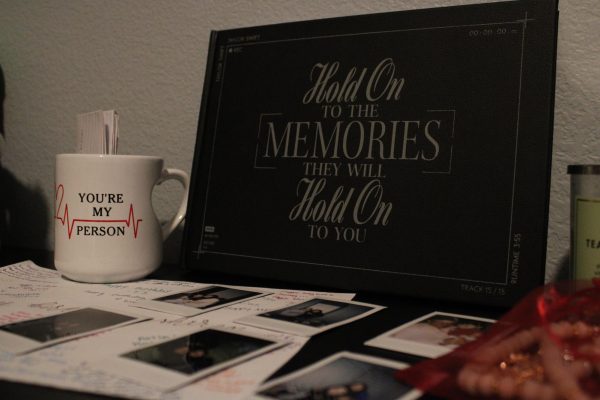Staff Editorial: “Watch Your Words” is step in the right direction, but should increase student input
During the week of Jan. 25-29, the “Watch Your Words” campaign was publicized on campus with announcements, posters and a series of advisory lessons. The campaign originated after several students expressed frustration with the campus’ social climate in an advisory survey. A few of those students were called in by assistant principal Dr. Vanessa Zavar to discuss issues such as racism, xenophobia, homophobia and ableism to craft an action plan to confront these problems on campus. While the issues discussed in the advisory lessons are important, future lessons may be more valuable if the creators emphasize student voices.
In the past, advisory lessons covering serious topics such as suicide or discrimination have not been created in ways that students can relate to, furthering the rhetoric that advisory is useless and students do not have a voice. With the “Watch Your Words” campaign, however, student involvement in the development of the campaign undoubtedly made a difference in the level of participation of students. Because students were the ones to address these issues and were involved in creating the lessons, a personal touch was added, causing more students to pay attention and take in the message of the lessons. Being able to not only understand the seriousness of these issues, but seeing how they affect peers on a daily basis allowed students to see issues like homophobia and racism not as distant things, but as issues affecting fellow peers.
Things such as microaggressions, slurs and discrimination are prevalent issues facing the world, and with the recent political tension and Black Lives Matter protests in the United States, these issues have been increasingly apparent to the public. The “Watch Your Words” campaign did a good job shedding light on these issues and how they affect students, but despite the attempt to involve students, the activities at the end of each video made the lessons feel forced. The activities seemed to have only a thin connection to the message of the lesson, and almost felt like tasks an elementary school teacher would ask you to perform. While these attempts at involvement may have worked for a younger audience, it would be more worthwhile to allow high schoolers a chance to talk about their own experiences with discussion questions and encourage serious discussions amongst their peers. Maybe if the activities were more straightforward or discussion-focused, they could have been more beneficial to the growth of understanding school culture
Along with ineffective activities, the shortage of student involvement in the videos, specifically the narration, took away the potential emotional impact. Though there was some obvious student involvement in the videos such as a few student voiceovers and scenes including members of the Hawk Theatre Co. reenacting instances of microaggressions, the overall involvement of students could have been greater. The sole reason this campaign is a step in the right direction is because of student involvement, but their planning role was minimized because of their lack of presence in the actual videos. By including more student faces and voices, the emotional connection other students may have with the messages may be heightened.
The primary issue with this campaign, though, is not even with the campaign: it is with the negative attitude that previous advisory lessons have fostered in students and teachers. Neither students nor teachers treat advisory seriously because they never know what to expect. The inconsistent flow of information advisory seems to wield causes students and teachers alike to wonder what the point of advisory even is. Some days, students have lessons to go, and other days, they receive 25 minutes of free-time. By filling the advisory period with worthwhile, student-driven lessons, people may take advisory more seriously and fully appreciate the important lessons like the ones the “Watch You Words” campaign is advocating for.
The student involvement and topics of the “Watch Your Words” campaign is definitely a step in the right direction for advisory, but the shortfall of attention from students and staff along with the lack of student involvement in certain portions of the lessons caused this round to be mildly unproductive and disengaging. At the end of the last lesson, there was a QR code that asked students who were interested to scan and join the campaign. It now falls on the students to step up in order to continue creating meaningful lessons based on actual issues students face. Hopefully, when the next series of lessons are released, students and staff are able to work to further emphasize the student voices on these issues.














Student • Feb 6, 2021 at 9:33 PM
People are just too sensitive these days.